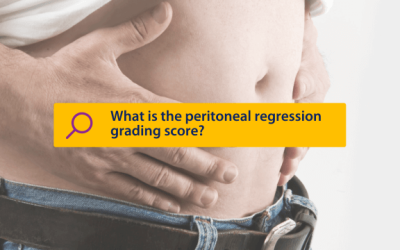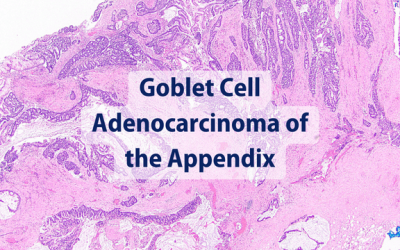HIPEC Surgery refers to cytoreductive Surgery and Hyperthermic Intraperitoneal Chemotherapy (CRS/HIPEC). It is a type of surgery used to treat cancers that have spread to the lining of the abdomen, such as pseudomyxoma peritonei (PMP).
During the surgery, the surgeon removes any visible tumours from the abdomen and then washes the area with a heated chemotherapy solution. The chemotherapy solution is heated to a temperature that is higher than normal body temperature, which helps to kill any cancer cells that may be left behind after the tumours are removed. The chemotherapy solution is circulated throughout the abdomen for about 90 minutes while the patient is under anaesthesia.
HIPEC surgery is a very specialized procedure that is performed by a team of experts, including a surgical oncologist, a medical oncologist, and an anesthesiologist. The goal of the surgery is to remove as much of the cancer as possible while minimizing damage to healthy tissue. The procedure can take several hours to complete, and you will need to stay in the hospital afterwards to recover.
HIPEC isn’t appropriate for everyone with cancer that has spread to the lining of the abdomen. The decision to undergo HIPEC surgery should be made after a thorough discussion with a doctor specialising in this type of treatment.
While HIPEC surgery can be effective in treating some cancers, it is not without risks. The heated chemotherapy solution can cause damage to healthy organs in the abdomen, and patients may experience side effects such as nausea, vomiting, and abdominal pain. However, for some patients with advanced cancers, HIPEC surgery may offer the best chance for a cure or long-term control of their disease. It is the gold standard of care for pseudomyxoma peritonei.
More FAQs
Is cancer of the appendix curable?
The treatment and curability of cancer of the appendix depends on various factors such as the type of cancer, the stage of cancer, and the overall health of the patient.
What is the peritoneal regression grading score?
Doctors use a score called PRGS to see how much a treatment called cytoreductive surgery and HIPEC helps people with PMP and appendix cancer.
How are goblet cell adenocarcinomas treated?
Once a doctor has determined that someone has Goblet Cell Adenocarcinoma, they will need to do tests to see how far the cancer has spread.
References
HIPEC Methodology and Regimens: The Need for an Expert Consensus
Bhatt, A., de Hingh, I., Van Der Speeten, K. et al. (2021). HIPEC Methodology and Regimens: The Need for an Expert Consensus. Ann Surg Oncol 28, 9098–9113 (2021). Retreived November 24, 2022, from doi:10.1245/s10434-021-10193-w
Best practice for perioperative management of patients with cytoreductive surgery and HIPEC
Written by: the Pseudomyxoma Survivor editorial team



